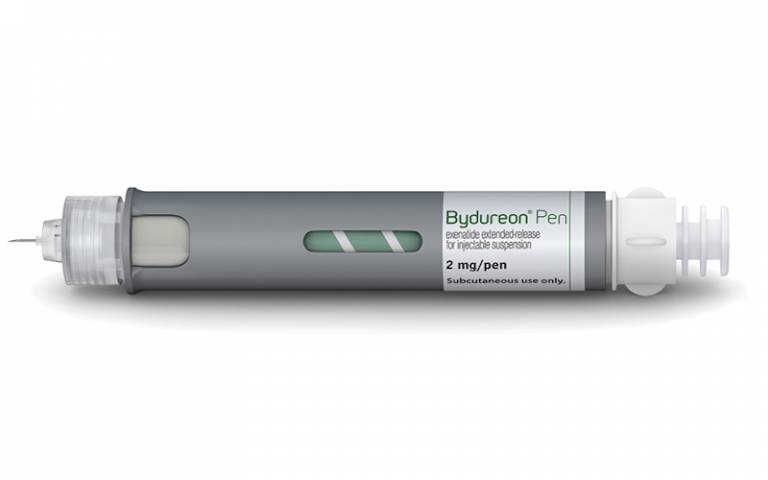Can old drugs perform new tricks?
A drug commonly used to treat diabetes may have disease-modifying potential to treat Parkinson’s disease, suggests a new study led by Professor Tom Foltynie and Dr Dilan Athauda at UCL.

The study found that people with Parkinson's who injected themselves each week with exenatide for one year performed better in movement (motor) tests than those who injected a placebo. This advantage was still present 12 weeks after stopping the injections indicating that the drug may have influenced the underlying degenerative process of Parkinson’s.
The study's senior author, Professor Tom Foltynie stressed the significance of the research as it is “the strongest evidence we have so far that a drug could do more than provide symptom relief for Parkinson's disease”.
Existing treatments can relieve most of the symptoms for some years but “the disease continues to worsen”, Professor Foltynie explained.
Researchers say the next step will be a longer-term study with more participants, which will investigate whether there are marked improvements in quality of life.
Parkinson's disease affects 1 in 500 people and is the second most common neurodegenerative disease worldwide. Symptoms typically don't become apparent until over 70% of the brain's dopamine-producing cells have been affected. The condition results in muscle stiffness, slowness of movement, tremors, sleep disturbance, chronic fatigue and impaired quality of life.
Links
- UCL news story
- Professor Tom Foltynie's academic profile
- Dr Dilan Athauda's academic profile
- UCL Queen Square Institute of Neurology
- Research paper in The Lancet
Image
- Credit/Source: Bydureon®
 Close
Close

